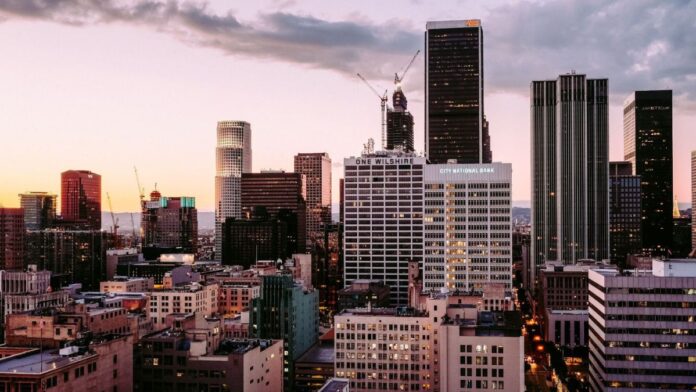The Role of a Qualified Building Inspector
If you’re buying or selling a property, it’s important to know what building inspections involve. A building inspector is a professional who assesses the condition of a property and looks for any potential problems. But how does it all work and why is this important?
As we’ve just alluded to, a building inspector will visit the property and conduct a thorough examination. This involves checking both the interior and exterior of the building, looking for any signs of damage or wear and tear. They will also assess the structural integrity of the property and make sure that it meets all relevant building codes and regulations.
Once the inspection is complete, the inspector will provide the relevant party with a report detailing their findings. This report will highlight any areas of concern and offer recommendations for rectifying any issues. Normally, building inspectors are impartial and objective, however, in some cases they may be employed by a particular company or individual.
Overall, building inspectors play an important role in ensuring the safety of both commercial and residential properties. They are highly trained and experienced professionals who are able to identify any potential problems with a property. If you are considering purchasing a property, it is always advisable to have it inspected by a qualified building inspector. This will give you peace of mind knowing that the property is safe and up to code.
With this in mind, inspectors are normally requested by property buyers to assess a property before purchase. The aim is to make sure that the building is structurally sound and meets all the necessary safety requirements. After all, nobody wants to purchase a property only to find that it has structural damage after a couple of weeks. Just some of the areas that a building inspector will check include:
- The roof – to check for any leaks or damage
- The walls – to check for cracks or damage
- The windows and doors – to check for any damage or potential security risks
- The floors – to check for any damage or unevenness
- The foundations – to check for cracks or damage
- The plumbing – to check for any leaks or damage
- The electrical wiring – to check for any potential hazards
A building inspector will also look for any signs of pests or termites, as these can cause serious damage to a property if left untreated.
Local Building Inspections
If you’re investing in any commercial or residential property, an Adelaide Building Inspection Service is critical. Without an inspection, you could be buying a property that is structurally unsound, has major plumbing or electrical problems, or is infested with pests. If you’ve signed the contract and are committed to purchasing the property, you may not be able to back out – and you could be stuck with a money pit.
An inspection will give you a comprehensive report on the condition of the property, both inside and out. This will include an assessment of the structural integrity, as well as any major systems like plumbing, electrical, and HVAC. The inspector will also check for signs of pests, water damage, and other problems.
Local building inspections will also take into account any specific requirements for your area – like wind rating in cyclone-prone areas, or termite risk in subtropical regions. You don’t have to be present for the inspection, but it’s a good idea to be there so you can ask questions and get clarification on the report.
Building inspections are an important part of the home-buying process, and can save you a lot of money!









